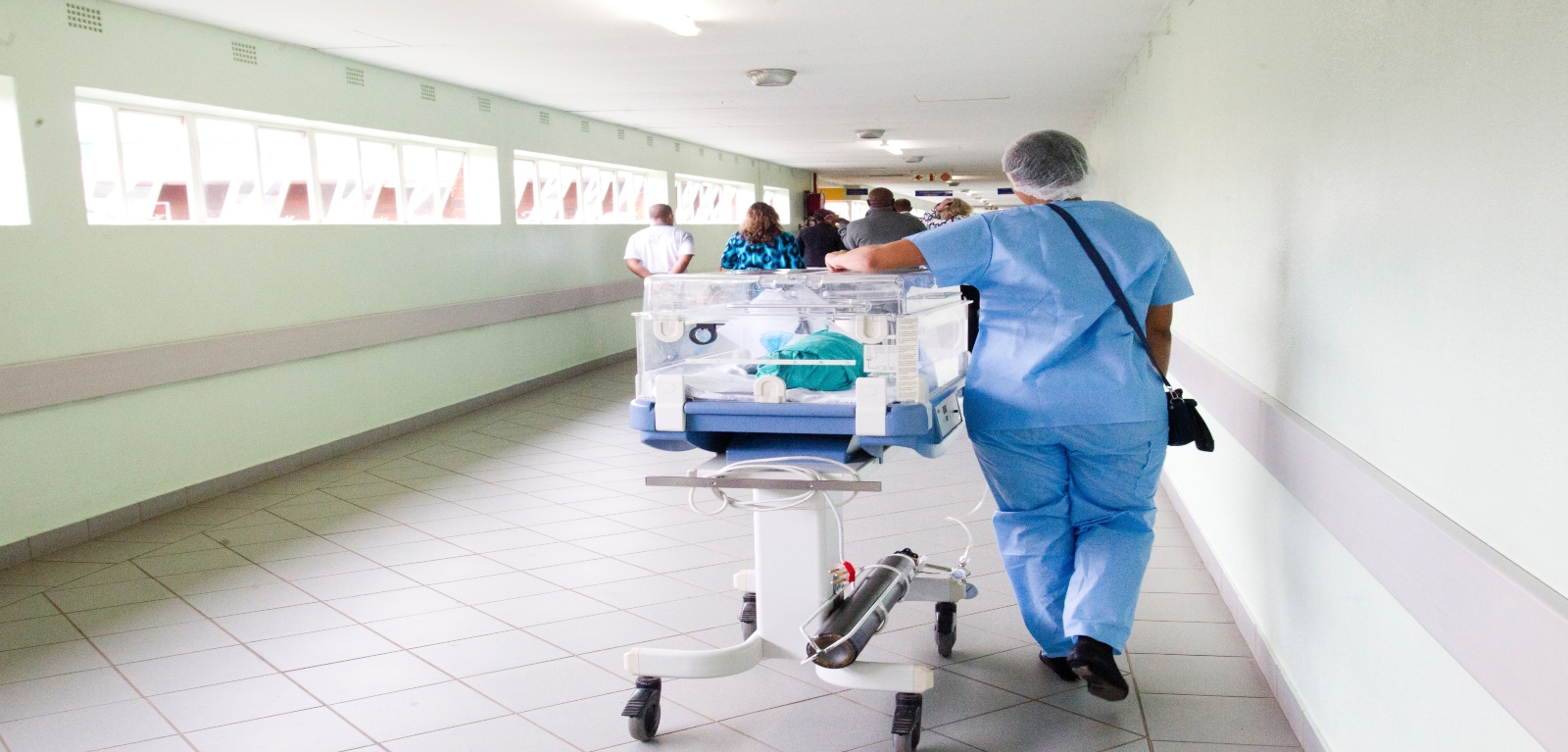New report highlights significant impact of emergency admissions on cancer patients
A new report by the NI Cancer Registry at Queen’s University Belfast and Macmillan Cancer Support warns of the significant impact of emergency admissions on cancer patients in Northern Ireland.

Of the 4,316 people who died from cancer in Northern Ireland in 2015:
- Three quarters (74%) had at least one emergency admission in their last year of life
- Late diagnosis is an issue with 1 in 9 people (11%) admitted as an emergency on the same day as their cancer diagnosis
- 1 in 6 (17%) people died within 7 days of their last emergency admission - almost all (95%) of these people died in hospital
- Over half (53%) of emergency admissions occurred outside of ‘normal working hours’: 5pm-9am, Monday to Friday
The report Emergency Admissions in the Last Year of Life for People Dying of Cancer in NI in 2015 investigated factors associated with emergency admissions in the last year of life and highlighted a number of concerns relating to frequency of admission, late diagnosis, care planning and preferred place of death.
The findings reveal high use of emergency admissions in the last year of life with almost three quarters of people having at least one emergency admission recorded, and 1 in 6 people having three or more. Just over half of these admissions occurred 5pm-9am Monday-Friday, outside of ‘normal working hours’ when care from other services such as the NI Acute Oncology Service are not available.
The study also highlighted the issue of late diagnosis with 1 in 9 people (11%) admitted on the same day as their cancer diagnosis and another quarter (23%) admitted one to three months before their cancer diagnosis.
We know that with the right support, most people would prefer to die at home. However, the study found that people who had at least one emergency admission were twice as likely to die in hospital (48% vs 24%). One in 6 people died within 7 days of their last emergency admission and of these, almost all died in hospital.
The report makes a series of 6 recommendations to improve person-centred care for cancer patients in their last year of life:
- continuing to promote early detection of cancer
- early identification of patients who are in their last year of life
- additional training for healthcare professionals to improve communication and advance care planning
- establishing a direct point of contact for patients and their carers
- piloting extended hours for the NI Acute Oncology Service
- further development of community-based services
Dr Anna Gavin, Director of the NI Cancer Registry at Queen’s University Belfast hopes that the findings and recommendations of the report will inform decision-making, increase collaboration and improve service delivery across NI.
Dr Gavin said: “Our findings show that the burden of emergency admissions for cancer patients in the last year of life is high. This has huge implications for the patient, their family and carers and the wider health and social care system. The six recommendations we have made could reduce the number of emergency admissions for cancer patients in the last year of life.”
Heather Monteverde, Head of Services for Macmillan in NI says that we all need and deserve quality end-of-life care: “This report finds that in far too many cases, people’s individual needs are not being met. The fact that so many people are receiving a devastating cancer diagnosis after an emergency admission demonstrates that much more needs to be done to ensure a whole system approach to enabling person-centred care which integrates primary, secondary and community care resources.
“It’s also important that health care services are universally strong at identifying people who are approaching the last year of their life. Better communication between patients and professionals about end-of-life choices is essential. All health care professionals should be supported so they can confidently have conversations with people about death and enable shared decision-making and advance care planning.”
Media
Media enquiries to comms.officer@qub.ac.uk or +44 28 9097 5292.